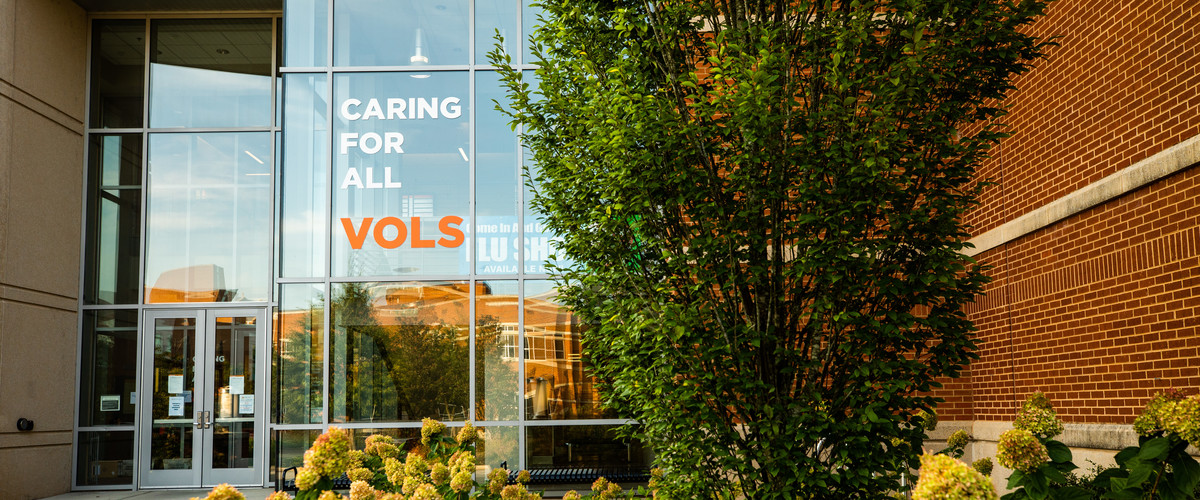A new office in the Division of Student Life will oversee the care of students after they are referred by the 974-HELP line. The staff in the Center for Care and Resilience (CCR) will work with students and the university to support individuals who are experiencing some measure of distress in their lives and connect them to university and community resources.
The 974-HELP referral line helps distressed students reach their academic goals and helps maintain a safe community and learning environment for all students. Director for CCR, Lisa Loar, discussed the need for a stand-alone department to better serve students due to the high demand for services.
“The care and resilience department within the Dean of Students office had greatly expanded since May 2021, by adding four care coordinators, and a director, so now we are a staff of eight full-time staff members. Being a separate unit within Student Life enhances our ability to support the well-being of our student population.”
Students build a partnership with a care coordinator to create and implement a plan that supports self-advocacy, growth, and a return to a level of functioning most likely to promote success. The relationship between a student and a care coordinator is primary and essential, and care coordinators empower students to self-advocate and access resources on campus and in the community.
Located on the second floor of the Student Health Center, next to the Student Counseling Center and the Center for Health Education and Wellness (CHEW), the CCR will have more opportunities to connect students directly with those specific resources if needed.
“Our proximity to Counseling and CHEW will be a benefit for us and can lead to a transitional process,” said Madisien Howard, interim assistant director for the CCR. “If a student needs counseling services, we can easily walk them there ourselves and have a direct connection with Counseling.”
“The kinds of support that we’re providing students really align with the health and wellness units in our division,” continued Loar. “We have students in distress, and we want to create a space for them to feel comfortable enough to share what they need to about what’s going on in their lives. We look forward to building more inclusive spaces where students can be their authentic selves and feel included and important.”
In addition to a space that is more conducive to those possibly challenging conversations, the staff in the CCR have also developed a specific space in the center to help students experiencing distress. The respite space is intentionally designed to help students who are in distress and includes bean bag chairs as well as trauma-informed lighting to help relax students.
How to Get Involved with 974-HELP
Faculty and staff who want to learn more about 974-HELP and how they can help their students who may be in distress can reach out to the CCR team to set up training or presentations. These presentations include what distressing behavior can look like, how to be a front-line supporter when it comes to distressed students and when to reach out.
If you need to make a referral to the Care and Resilience team, you can visit the Care and Resilience website and complete the referral form or call 865-974-HELP (865-974-4357).
“Early intervention is key when it comes to distressed students,” said Loar. “The sooner the better but it’s never too late to call. Even if you notice a small change in a student’s behavior, give us a call. We are more than happy to have a consultation with you to determine the next steps you can take.”
“Outreach will be a really exciting opportunity for us as we grow, and that includes creating meaningful partnerships with faculty and staff,” said Howard. “We want to teach the university community what trauma looks like and what to look for in our students and give them the confidence to call us. I want to empower everyone to realize that they can be the change for students.”
